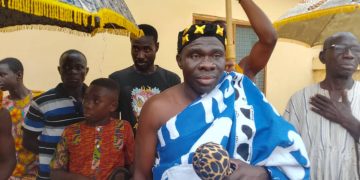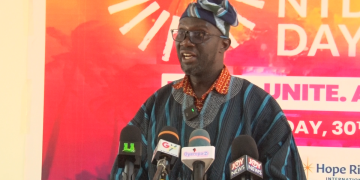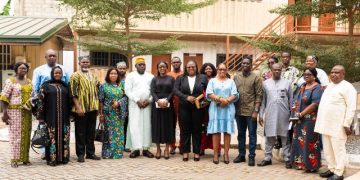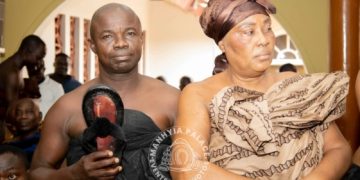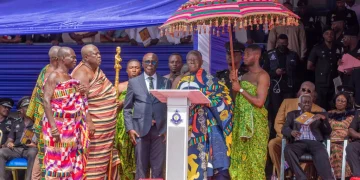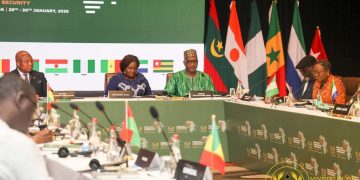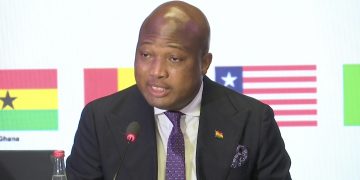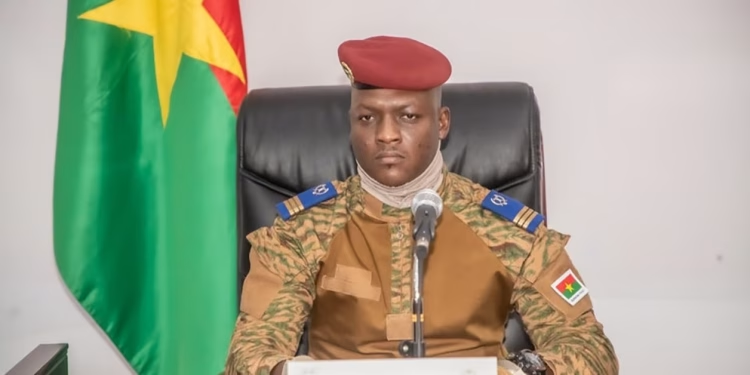One of the distinguished Ghanaian educators and former headmaster of T.I. Ahmadiyya, Mr. I.K. Gyasi, once recounted his experience as a student at the University of Ghana, where students would dress in the “undergraduate gown” that the University of London required them to wear for dinner every Wednesday. It was the period of David Balme who became the first principal of the University College of the Gold Coast which is now University of Ghana. The Balme Library was named after him.
Academic regalia trace their roots to medieval Europe, specifically the universities of the 12th and 13th centuries. Gowns were originally practical attire, serving as robes to protect scholars from the cold in unheated buildings. Over time, these garments became symbols of academic and intellectual authority, gaining prominence in institutions like Oxford and Cambridge.
During colonial rule, European educational models, including academic regalia, were imported to Africa. Universities established during this era, such as Makerere University in Uganda and the University of Ghana, adopted these traditions as part of their structure, signifying alignment with global academic standards.
But in Ghana today, pupils graduate at creche, nursery, kindergarten wearing gowns under intense heat. I always wonder if it is a form of colonial legacy or cultural subjugation?
Barely two weeks after the historic visit of Captain Ibrahim Traore, Head of State of Burkina Faso to Ghana, where he received a rousing welcome by the Ghanaian youth, the military leader has instructed judges in Burkina Faso to forgo the wearing of colonial-era wigs in courts. In making the announcement, President Traoré emphasised the need to abandon colonial-era customs and adopt practices that honour Burkina Faso’s cultural identity.
Prominent Ghanaian academic and politician, Professor George P. Hagan observed that the introduction of European legal systems during colonization has been a broader strategy to establish control over African societies.
For centuries, the legal systems of many African countries have been modeled after those of their colonial predecessors, particularly the British and the French. By imposing foreign laws, languages, and customs, colonial powers sought to erase indigenous governance structures and cultural practices. President Troare will not allow neo-colonialism to thrive within the borders of Faso in this 21st century.
Language
In the words of Ngũgĩ wa Thiong’o, “Language carries culture, and culture carries the entire body of values by which we perceive ourselves and our place in the world.”
Language is more than a tool for communication; it is a repository of history, traditions, and values. Native languages in Ghana such as Twi, Ewe, Ga, and Dagbani undeniably serve as cornerstones of communal identity and cultural expression. Sadly, in Ghana today, children in the cities and preparatory schools increasingly speak more English than their native languages.
Both at home and at school, parents are pushing their children to speak English. Sometimes parents who weren’t even “Saa 7” (Standard 7) educated compel themselves to speak English to their children, and you never know who is teaching who. I overheard a dad asking his son, “You didn’t gone there?”
Our children are growing more fluent in English and less proficient in their native languages. While English opens doors to the global village, it should not come at the expense of our heritage and native languages.
The initiative by Burkina Faso’s leadership sends a powerful message: Africa must look inward to define its identity and systems. Legal attire, like many other aspects of governance, should reflect the culture, history, and traditions of the people it serves. This move is not merely symbolic but serves as an assertion of cultural pride and independence.
Indeed, the movement should not be limited to legal attires; it should extend to language policy, education curricula, and economic frameworks.
The time has come to shed the powdered wigs and embrace attire that speaks to our history, values, and aspirations. By doing so, we not only honor our ancestors but also inspire future generations to take pride in their African heritage.
Let this bold step by Burkina Faso serve as a reminder: our cultural identity is not a relic of the past but a living, breathing force that shapes our future. Africa must rise, not as a shadow of colonial influence, but as a beacon of its unique and enduring legacy.
Source: Kwame Adinkrah/Broadcaster


